"At the very beginning, I would get overwhelmed by a lot of things, so I always had to sneak away to just calm myself down and then come back to set. I've learned how to navigate those potential situations and get on top of problem-solving faster."
Did you learn how to do everything from a previous first assistant?
Not really. Before I took the job, I knew other freelance assistants, but in Vancouver, no one really has a full-time assistant. I didn't know what I was getting myself into, or what the job involved. When I started working with Charlotte I started asking all of the freelance assistants so many questions. We had a few guys in New York that worked with Charlotte for six or seven years, so they would help me navigate the waters, and teach me different things about the industry.
What have you learned from your role?
I've learned so much from just being around Charlotte and in the industry. At the very beginning, I would get overwhelmed by a lot of things, so I always had to sneak away to just calm myself down and then come back to set. I've learned how to navigate those potential situations and get on top of problem-solving faster. Anything that can go wrong will go wrong, so you always need to have backups for everything. Especially doing digital tech on set, your computer will decide to stop working for no reason at all, but you obviously have to keep shooting.
What would you say are the top traits that make a good assistant?
You have to be a hard worker and extremely organized because you're not just focusing on one job at a time; you're usually doing five to ten jobs, whether it's pre-production, shooting, or post-production. You're the one supporting your photographer, and they need to know everything that's going on. If they don't know, they'll ask you, and if you don't have the answer it can be unnerving. I would also say that you have to be dedicated to the job and the industry. If you don't have a passion for it, then you won’t have the drive to get through the workloads.
How would you describe what set etiquette is?
Being professional on set; there are always times when people are relaxing and you chat, but there are also times where it's a very stressful situation. So it’s knowing when to speak up and when not to speak up.
It also all depends on each photographer’s set. Charlotte is more relaxed than some other photographers that I've worked with, but some photographers get annoyed by crew conversations on set. You can usually tell right away what the vibe is on set, and if you don't know, ask the next assistant up from you. It's about respecting everyone else around you. Even if you're the “top” person on set, you should still respect the entire crew.
Some of the best interns we've had, they literally just stood there on their first day on set and waited for one of us to ask, “Hey, can you grab that? Can you move this?” Honestly, just observing and being ready when someone asks you to do something or trying to predict what someone’s going to need, is very helpful. Even if you feel like you're not doing much because you're standing around, you’re there and you're available and you're not sitting there looking at your phone.
As a first assistant, how do you manage your time and prioritize tasks?
When I first started, I felt terrified to ask questions. I was fully qualified for my job, but I still had this feeling inside of me that I didn’t quite know what I was doing. Since then, I've learned to talk to Charlotte and ask, “Okay, what absolutely needs to happen, and what can get pushed until later?”
We keep a list of all the current jobs that we have and I update it every day on the status of where each job is at. I also keep two other lists, one for the things I need to be doing immediately, and the second for all the side tasks that are not as important. Once I get a free minute or two, I can work on those side tasks for a little bit, then go back to the more important things.
I feel like that's almost easier said than done though, no?
Yes, completely. I work on it every day and sometimes I'm better at it than others. But still, some things always slip through the cracks. We also have Charlotte’s agency, Mini Title, helping us. So if I can't do something I'll ask, “Hey guys, can you help me out with this?” We also work closely with the same post-production houses most of the time, so they’ll also email me asking, “Hey, I haven't heard back from you about this email.” And I’m like, “Oh whoops. Still, have to do that.” Being a team player and having good support networks is key -- we all need to work together.
12.04.2018
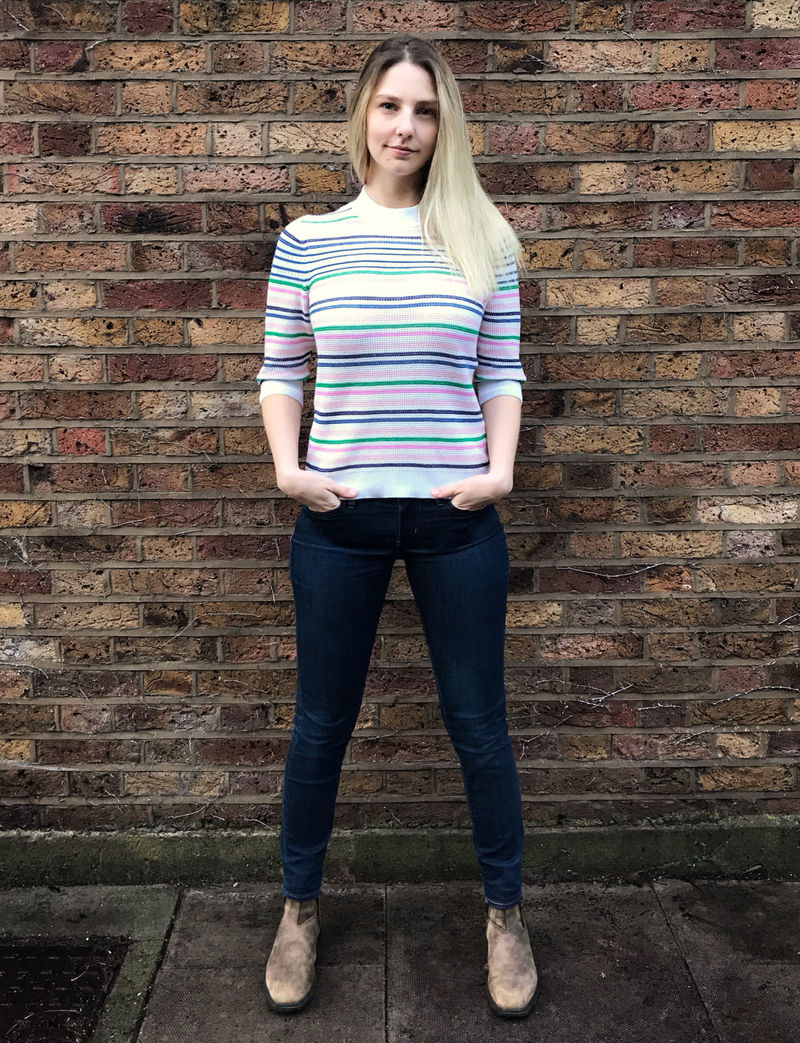
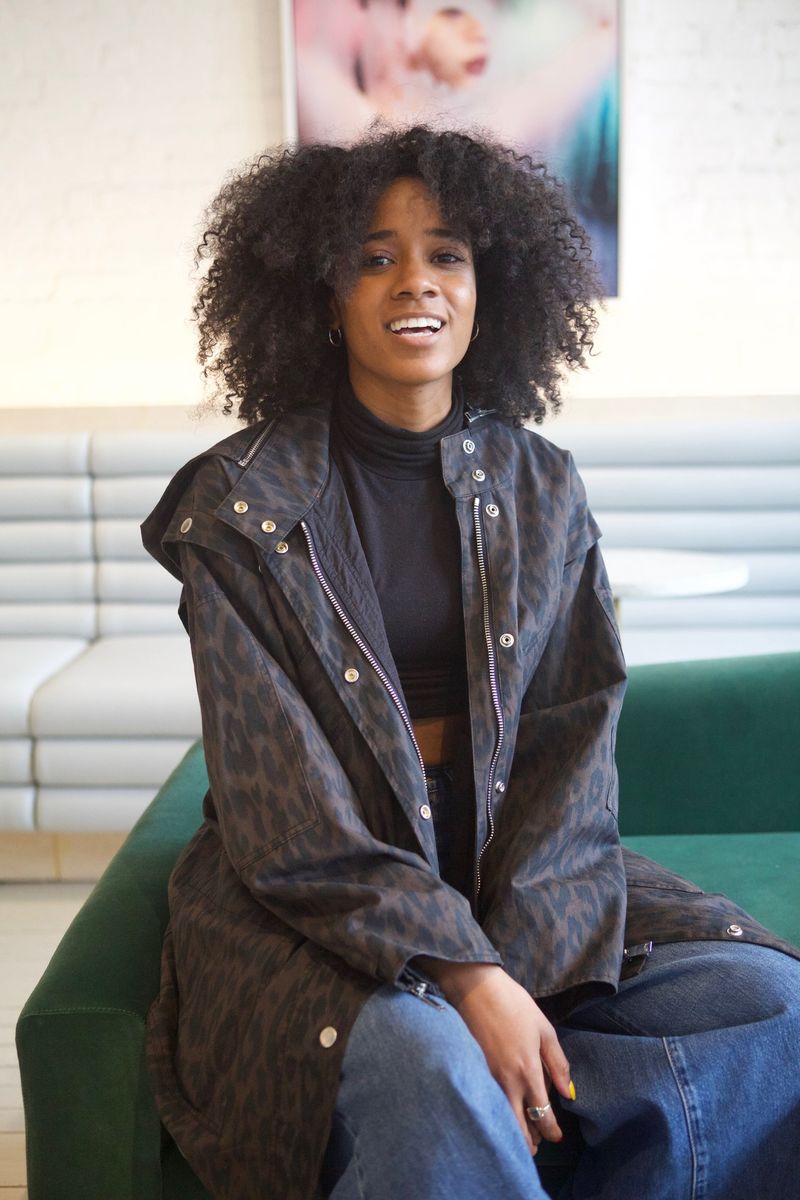
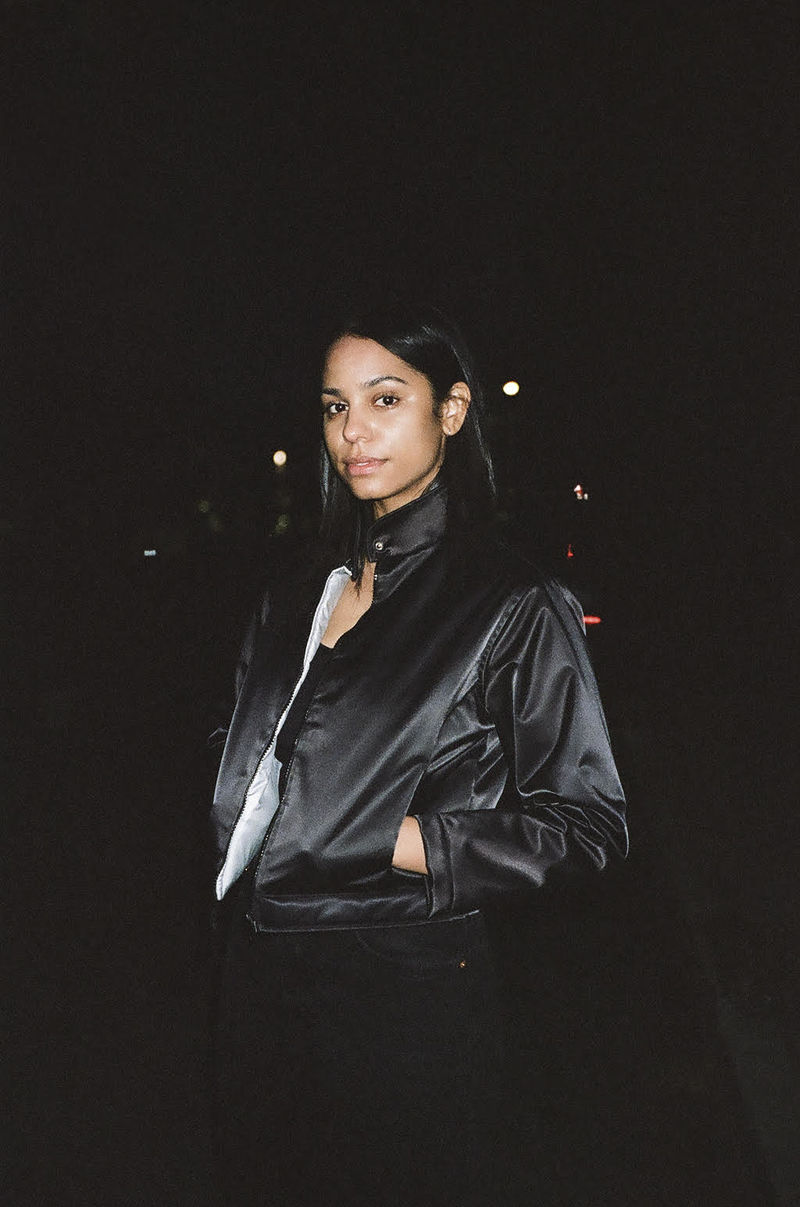
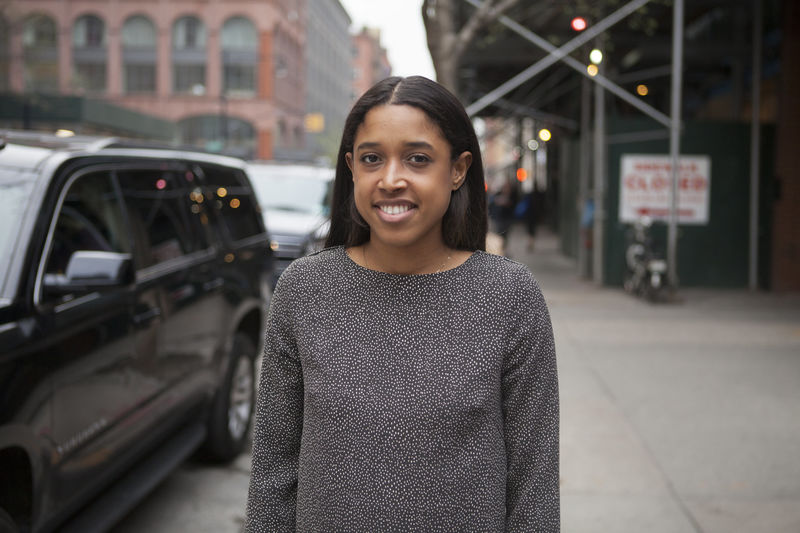

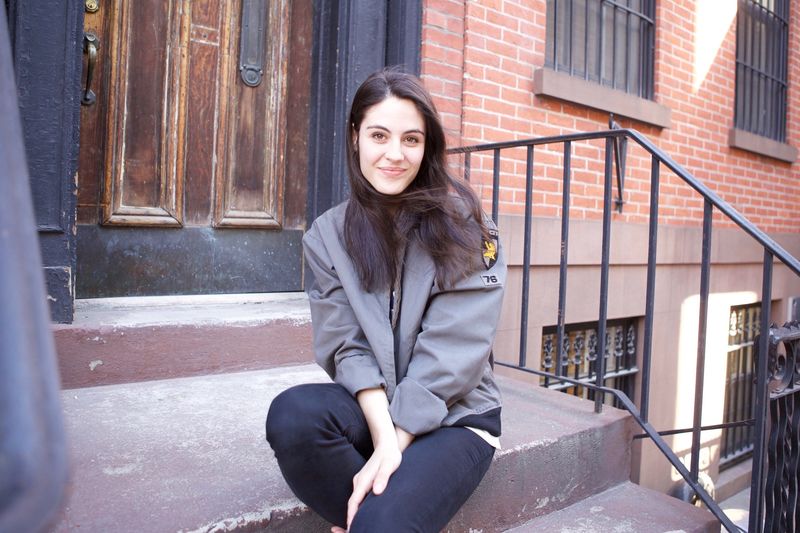

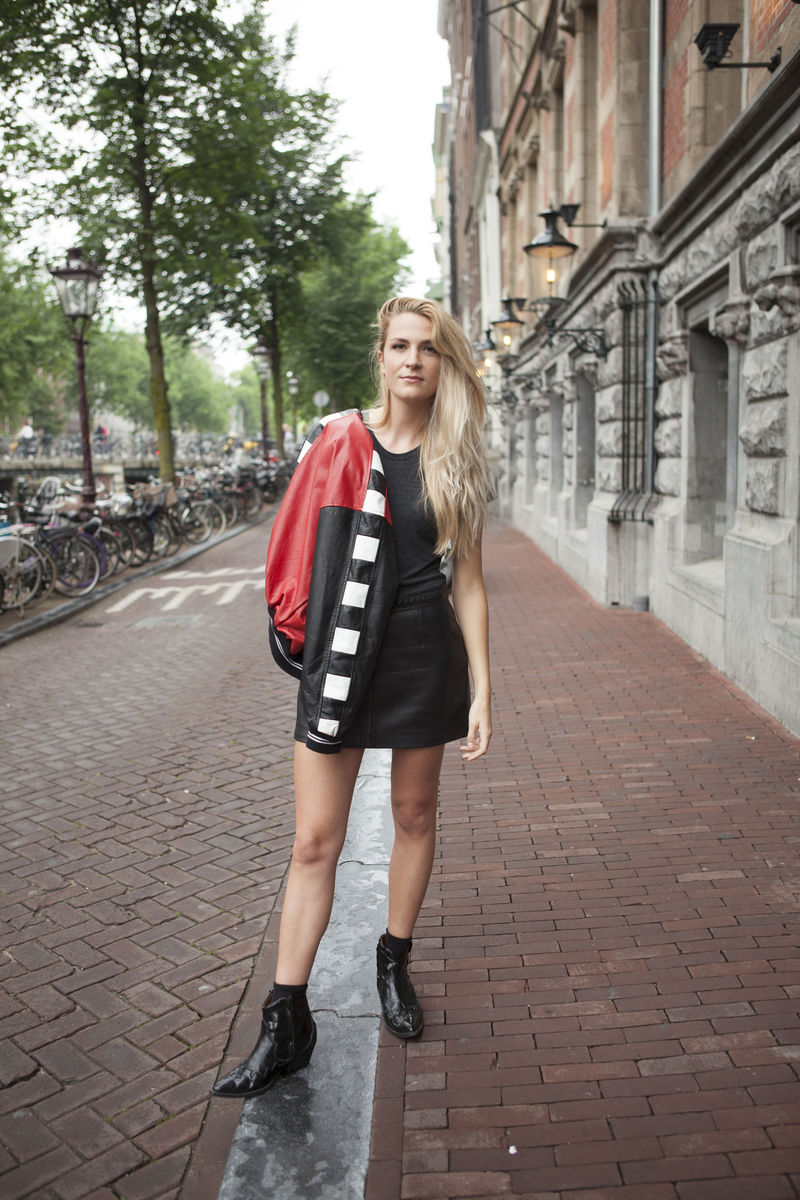
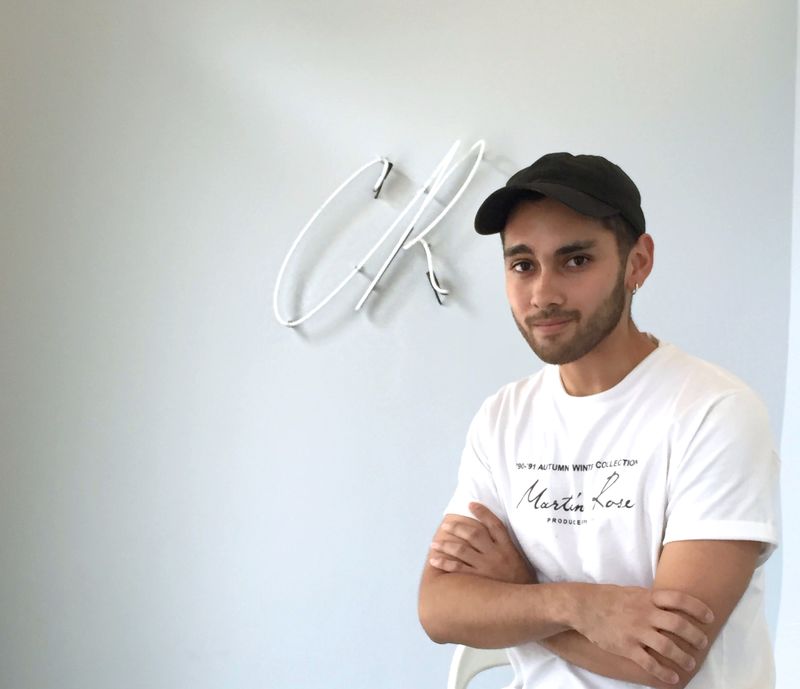
 Back to Skims
Back to Skims